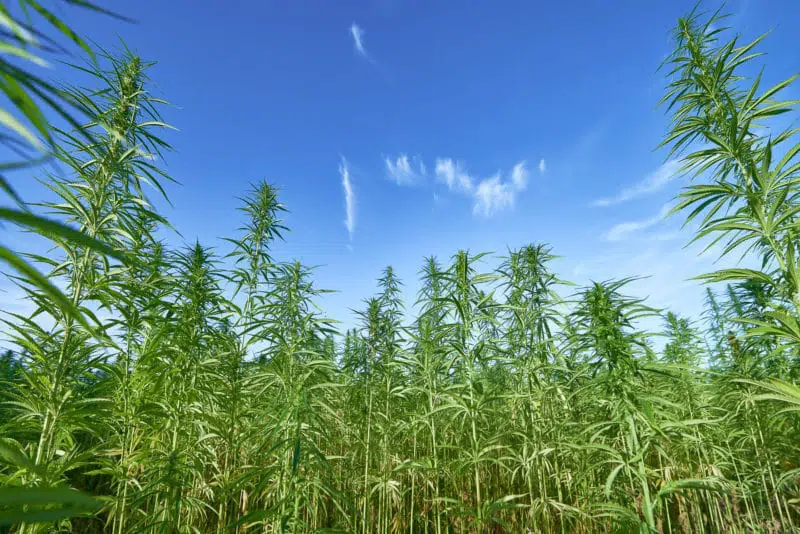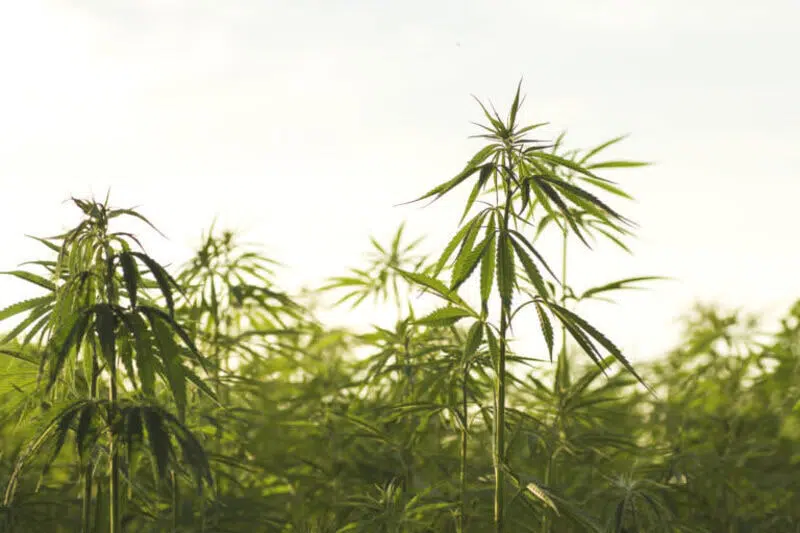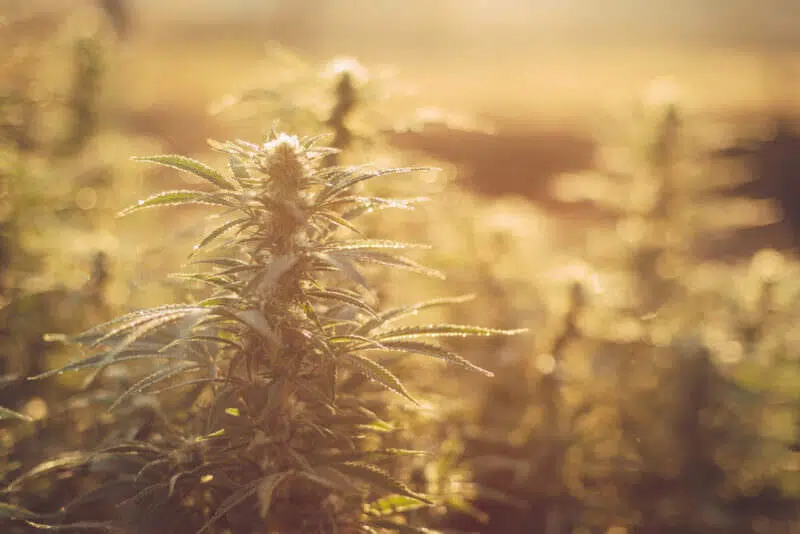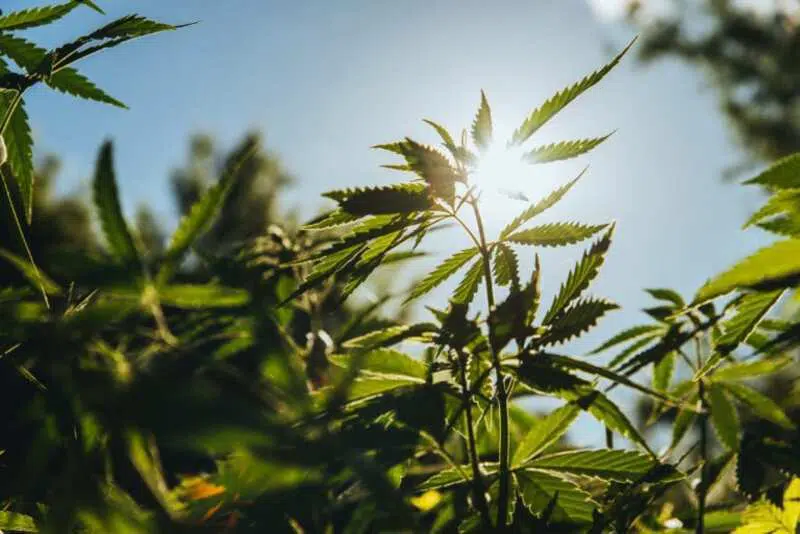-
- Market Research
- |
- CBD Near Me
- |
- Giveaways
- |
- Newsletter
- |
- Contact
- |
- Advertise
- |

Table of Contents
Here are the biggest CBD news stories of this week:
- Brightfield Group releases a new report on the CBD market
- 2020 presidential candidate Tulsi Gabbard files a bill for research on hemp
- Retailer American Eagle starts selling CBD products from Green Growth Brands
- A bill to legalize hemp and CBD stalls in the Ohio House
Table of Contents
- Report: US CBD Market to Grow 700% Through 2019
- Tulsi Gabbard Files Bill on Extensive Hemp Research
- American Eagle to Sell CBD Products
- Hemp, CBD Legalization Bill Stalls in Ohio House
Report: US CBD Market to Grow 700% Through 2019
A new report is projecting the CBD market to see explosive growth in 2019.
Brightfield Group, a consumer intelligence firm focusing on the CBD and cannabis industries, has released a new report predicting the US CBD market will grow 700% through 2019.
In 2018, Brightfield Group released a widely circulated report that estimated the hemp-derived CBD industry alone would reach $22 billion by 2022.
The new report now states that the industry is estimated to hit $23.7 billion by 2023.
“The CBD market has been growing rapidly, but we will see unprecedented growth in 2019,” Brightfield Managing Director, Bethany Gomez, said in a press release. “The bulk of this growth is coming from large retailers like CVS, Walgreens, and Kroger entering the market and providing that availability to consumers.”
CVS and Walgreens announced they would start selling CBD topical products in March of this year, while Kroger began selling CBD in June.
“Though they entered the market only this year, mass retail chains will eclipse all other channels in 2019, hosting 57% of sales this year,” states the report.
The type of CBD products customers buy is also shifting.
According to the report, tinctures are still the most popular product type (25% of market), but the lead is shrinking as “more mainstream customer-friendly products surge.”
Topicals make up 17% of the market and skincare products 8% as both are growing in popularity because they are the safest CBD products retailers can sell.
Tulsi Gabbard Files Bill on Extensive Hemp Research
Rep. Tulsi Gabbard (D-HI) has filed a bill in Congress that will facilitate extensive federal research on hemp.
H.R.3652 is titled “Hemp for Victory Act,” an allusion to the World War II campaign by the USDA to encourage the growth of hemp for the war effort.
The 2020 Democratic presidential candidate’s bill would mandate studies on hemp products for food, hemp as an alternative to plastics, the potential of hemp’s therapeutic benefit in PTSD, the plant’s ability to clean soil and prevent soil erosion, along with much more.
In addition, the bill would establish guidelines and regulations far more specific than the ones that the USDA and FDA are currently creating.
The USDA has stated that it is aiming to release its regulations for cultivating and processing hemp in August, in time for the 2020 growing season.
The timing of the FDA’s regulations on CBD is likely to take much longer, although various legislators in Congress have recently poked and prodded the agency to expedite the process.
Gabbard’s legislation will have several federal departments conduct studies on a wide range of topics, primarily with the purpose of determining the value hemp can provide and if it can be used as a substitute for other products.
Gabbard has long supported hemp and cannabis.
American Eagle to Sell CBD Products
Another apparel retailer is selling CBD products.
Two weeks after Abercrombie & Fitch began to sell CBD, American Eagle has announced it is doing the same.
The retailer will sell CBD topicals for body care, such as balms and lotions, in nearly 500 stores and online starting in October.
American Eagle is partnering with Green Growth Brands (GGB), the same CBD company that partnered with Abercrombie.
GGB is now working with three major apparel retailers, the third being DSW.
Several chains have begun to sell CBD products, primarily CBD topicals, since the beginning of this year.
American Eagle’s shares are down 14% this year, while Abercrombie’s are down more than 20%.
Hemp, CBD Legalization Bill Stalls in Ohio House
A bill that would legalize hemp cultivation and CBD products has stalled in the Ohio House.
According to Speaker of the House Larry Householder (R-Glenford), Senate Bill 57 will not pass until the fall of 2019 at the earliest.
Hemp-derived CBD is currently illegal, while marijuana-derived CBD is under supervision of the Ohio Medical Marijuana Control Program.
The bill would take CBD off the controlled substances list, making all hemp-derived CBD products legal immediately.
Universities would also stand to benefit as the provisions of the bill allow them to grow and process hemp without a license.
As the universities gather information on growing hemp, they plan to share it with farmers to help them get started.
According to the bill, Ohio’s Department of Agriculture will have six months to draft regulations for hemp cultivation and submit them to the USDA for approval, which may prevent farmers from growing hemp in the 2020 planting season depending on when the bill is passed.







